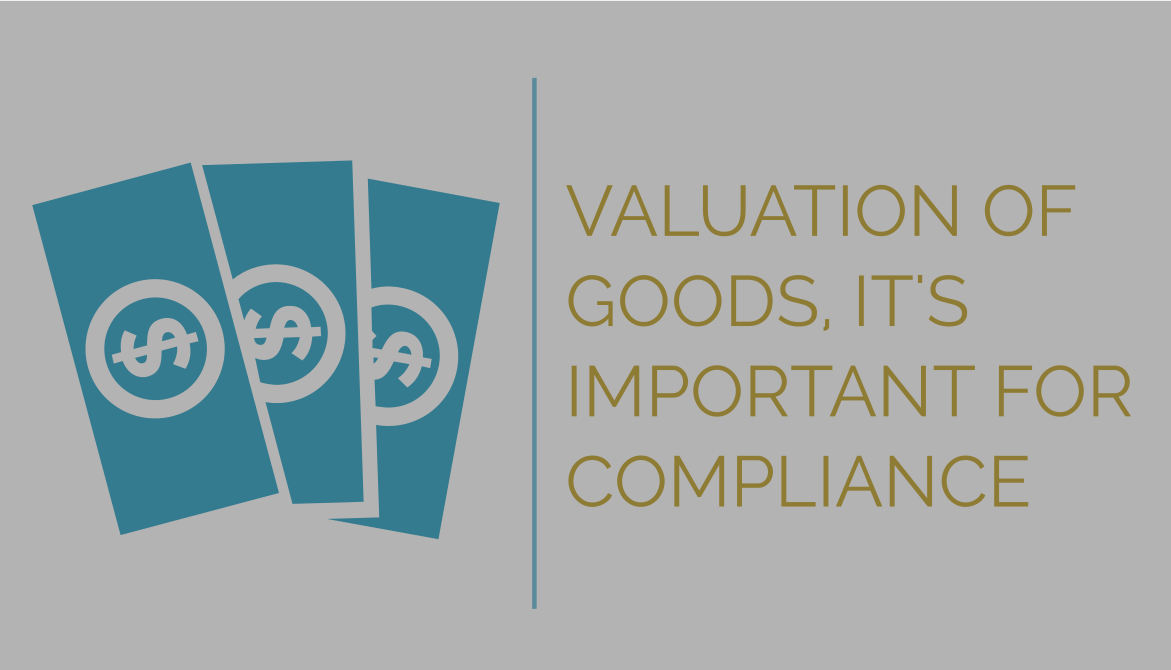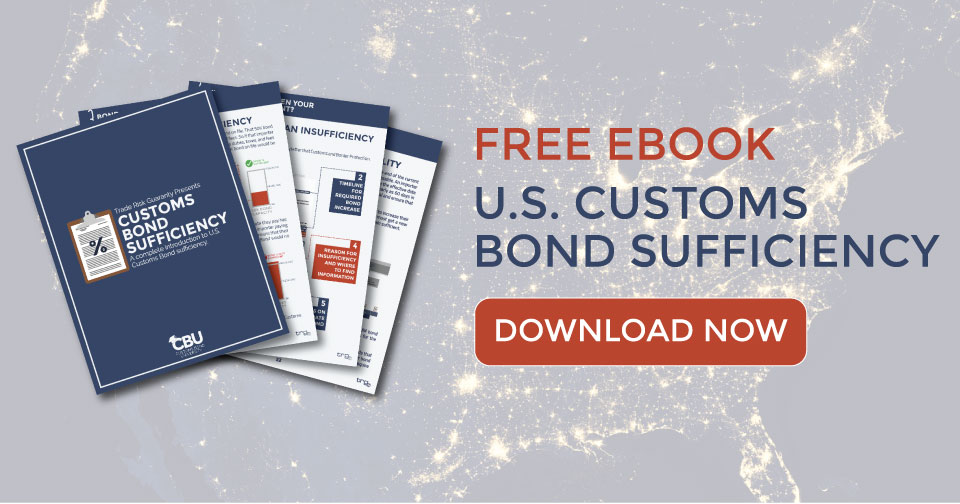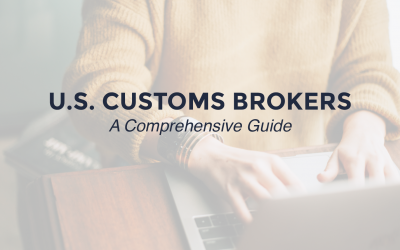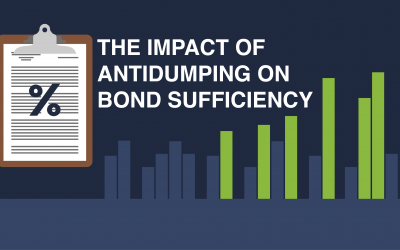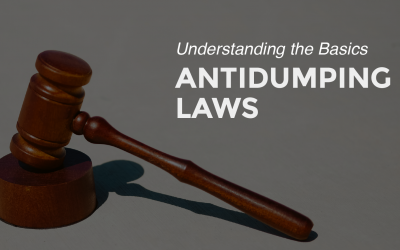Valuation of goods is an important aspect of filing requirements when importing goods into the United States.
Customs and Border Protection (CBP) must be provided not only with the classification of the goods being entered into commerce, but their valuation of goods as well.
Misappropriating the value of imported goods, intentionally or not, is a mistake that can affect a company’s Customs compliance. It is vital that CBP is provided with the proper valuation of goods, or a claim is sure to follow. Some elements of valuation are not obvious, so it is important to keep up on valuation requirements. Any dutiable costs must be added as part of the entered value of goods being brought into the country. There are 5 major dutiable costs that must be added to a shipment of goods’ valuation to avoid receiving a bill from CBP:
- Assists – These include any costs related to the implements used to assist in the process of importing the goods into the U.S. It could be tools, dies, etc. These costs must be calculated into a shipment’s valuation. Note that engineering and design work undertaken in the U.S. is not an assist, and should be excluded from the dutiable value.
- Proceeds – Any additional proceeds from the sale or resale of the goods that the buyer may pay should be accounted for in cargo valuation. If they are not, it can result in a bill from CBP.
- Royalties – This category includes any royalties or license fees that the buyer of the goods is required to pay. These are considered dutiable costs and must be included.
- Commission – Any viable Selling Commissions related to the sale are required to be reported by the importer as part of the cargo’s valuation.
- Packing Costs – Packing costs related to the goods being shipped are another factor in valuation. They must be added to the value in order to accurately determine the duty.
Importers are required to account for these costs in the valuation of goods and should verify with their Customs broker or freight forwarder that this is being done. Although it is the responsibility of the broker or freight forwarder to know these things, it is the importer’s liability if they are not accounted for. Ultimately, the importer is responsible for exercising reasonable care in determining the value of their imported goods. CBP has provided some Informed Compliance Publications on this subject: The Customs Valuation Encyclopedia, and a document titled Customs Value. These documents are extremely valuable resources, but as always, importers should always consult a professional before making any major decisions regarding their shipments.
*This post was originally published in September of 2012. For updated information visit CBP.gov.

